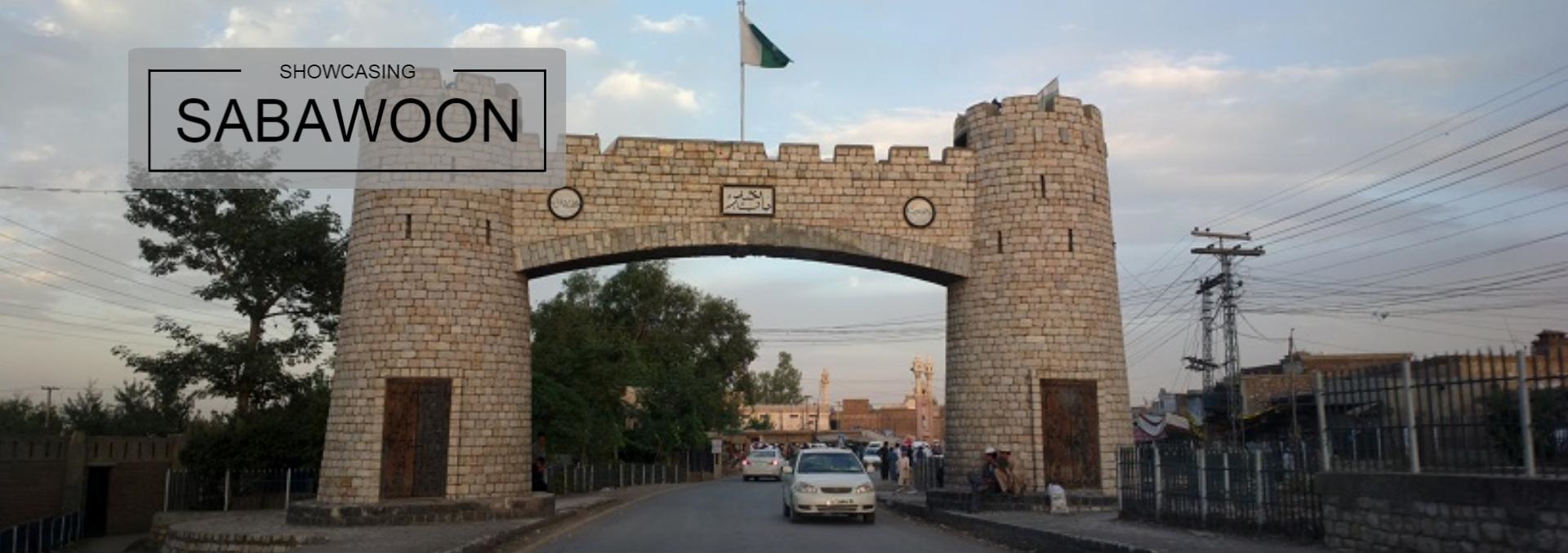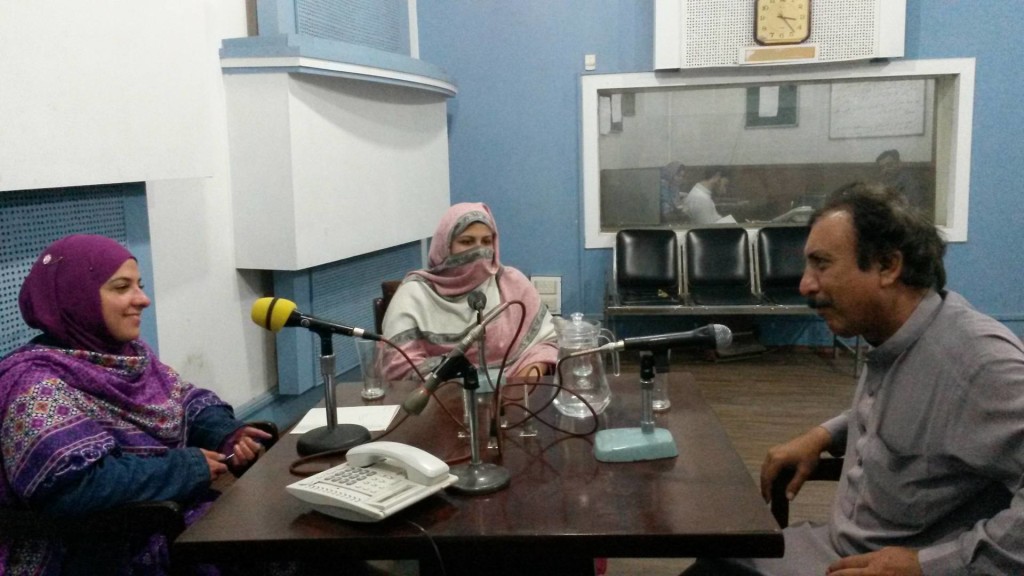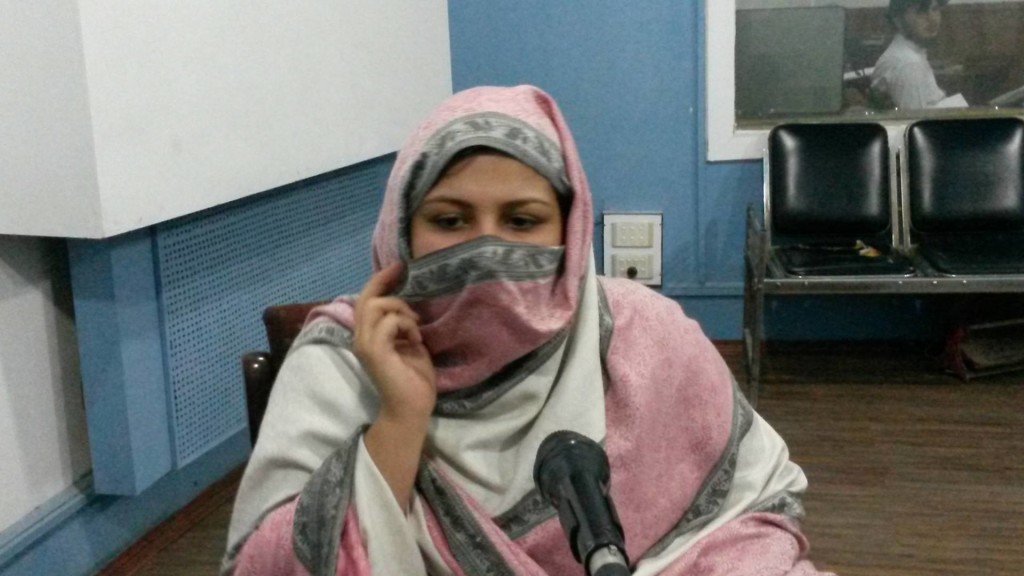March 2, 2016, Peshawar: The Center for Research and Security Studies’ (CRSS) flagship radio program Sabawoon’s latest episode was about the lack of women’s participation in the decision making processes in our daily life. The program discussed the isolation of females from the Jarga system, role of females in household chores, lack of access to basic rights, dearth of information on said rights. The program also discussed the role of elected females in national and provincial level legislation, pressures on women in social decision making, exclusion of women from political and public leadership, and lack of family support for females to contribute in the workforce.
The program, under the theme of “Jwandey Jazbey” (alive spirits), was aired on Wednesday. Ms. Shumaila Khan, president Federally Administered Tribal Areas (FATA) Students’ Organization Female Wing, participated as the studio guest in the program. A field report from district Swat was included in the program. The report accentuated the findings of the first session of a Swat-based women’s assembly.
Ms. Najma Gul, member of this Swat assembly, said, “We the females are always facing hurdles, inside the home and outside. It seems that we have to solve all these problem by ourselves, because others are not interested in solving our problems.” The speaker of the assembly, Ms. Sajida Iftikhar, said, “In national and provincial assemblies most of the females are selected on reserves seats. They don’t have any input in the legislation process that ultimately brings male dominated laws. Women need to take an active part in politics so that we can come up with some positive legislation for females.” Ms. Tabassum Adnan, member of Swat assembly, said, “This was our first session, all the findings and recommendations will be forwarded to pronvicial and national assemblies for necessary actions. I hope this platform will help to empower women with their basic rights at least.”
Ms. Shumaila Khan, President FATA Students’ organization.
“The most basic problems are the absence of awareness, education, and lack of family support. In urban areas, the mindset is changing now and females are participating in decision making but in rural areas, people are still very conservative and females don’t have any input.”



